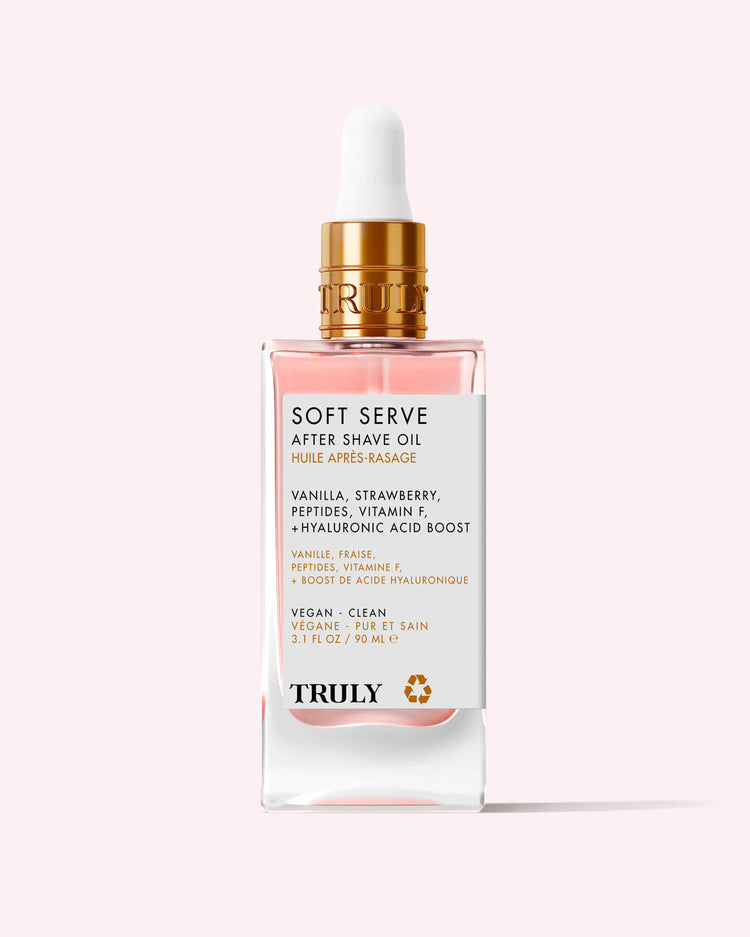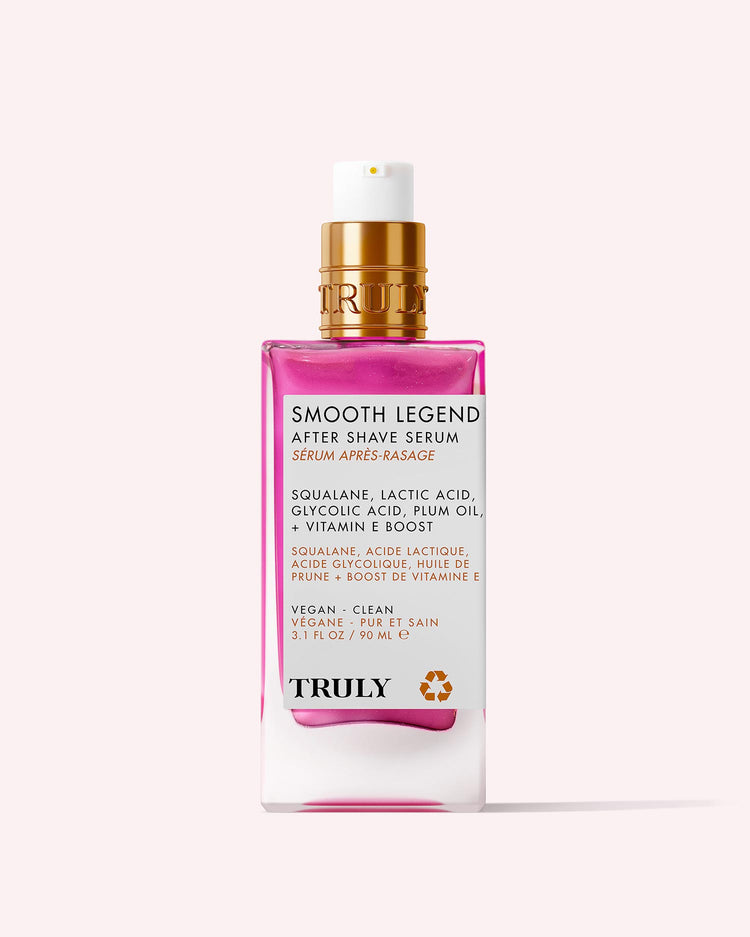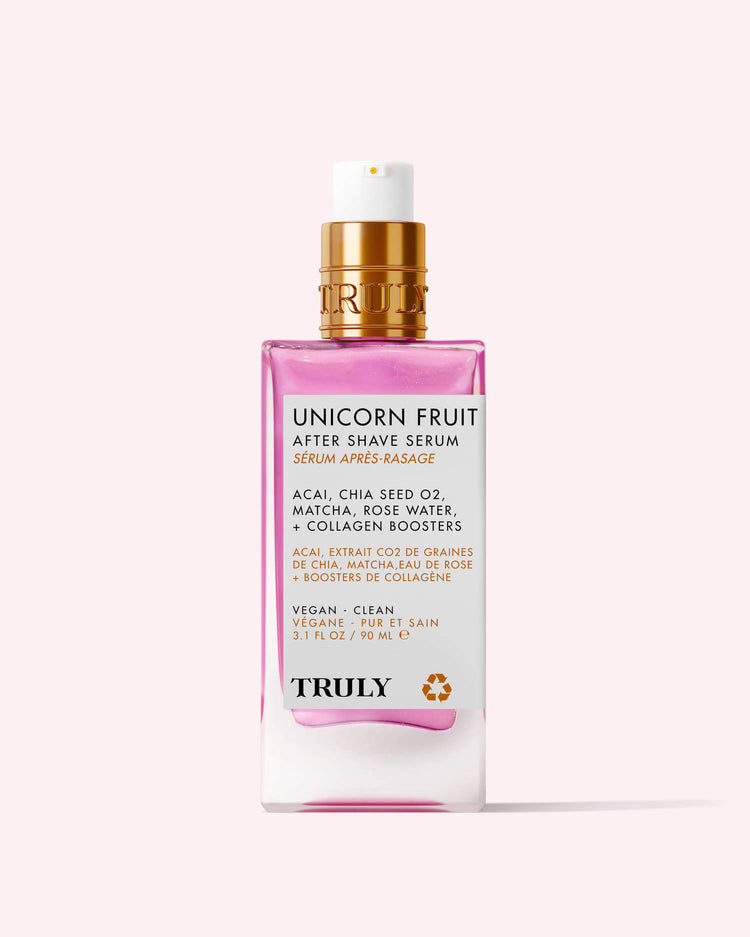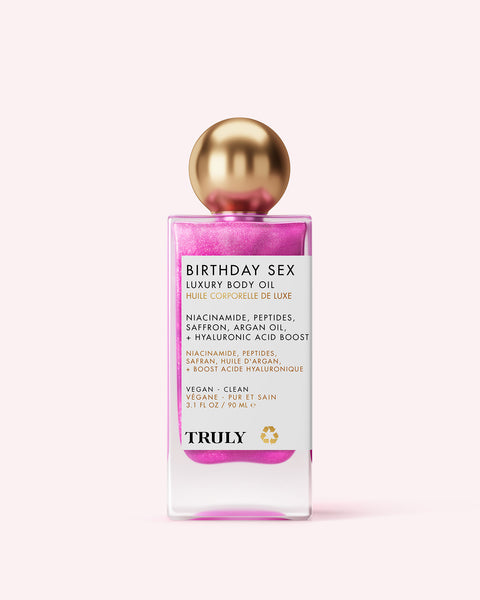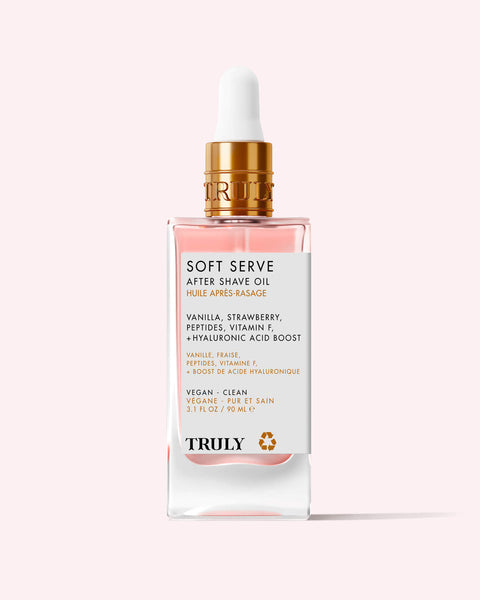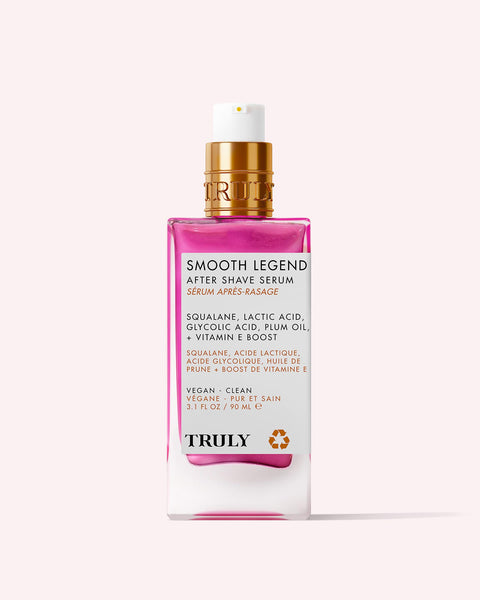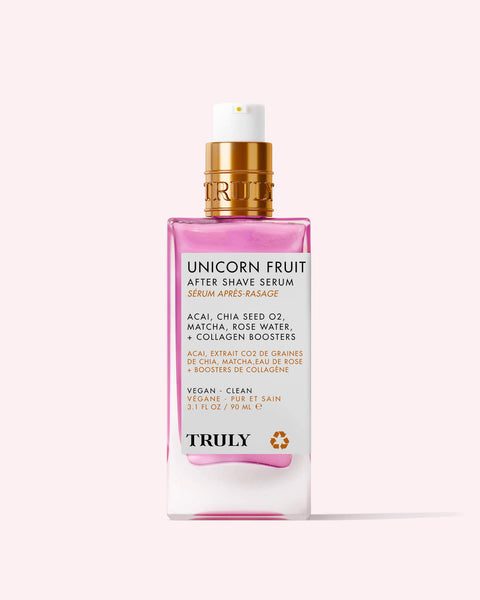Do I Apply Serum to Dry Skin?

Do I apply serum to dry skin or damp skin? We’re here to answer your questions about using serums correctly.
Knowing how to apply serum the right way allows your favorite products to work their best and ultimately, your skin to look its best. Whether it’s your daily hyaluronic acid serum or your fave vitamin C serum, it’s important to know how to use serum properly in order to get all the hydrating, brightening, and anti-aging benefits.
So, should you apply serum on dry skin or wet skin? Ahead, we show you the best way to use serums.
Do I Apply Serum to Dry Skin?
Yes, and no. It depends on the serum you’re using.
Generally speaking, most serums work best when applied to damp skin. This is because damp skin is 10 times more absorbent than dry skin. In other words, applying serums to damp skin can help enhance absorption of the active ingredients in the formula. This in turn promotes better effects and results.
However, your skin should be damp, not wet. Think: freshly toned or misted skin. If it’s sopping wet, your face serums won’t be able to penetrate as effectively.
Which Serums Work Best on Damp Skin?
According to dermatologists, most serums should be applied to damp skin rather than dry skin. This is especially true for hyaluronic acid serum, which relies on moisture to draw water into the skin and deliver its hydrating, plumping benefits. Applying it to dry skin can actually have the opposite effect, pulling water out of the skin and leaving it dehydrated.
Hydrating serums, like those containing hyaluronic acid, niacinamide, and glycerin work best when applied to damp skin. And it’s not just serums. Water-based cleansers, face oils, and moisturisers should all be used on damp skin.
Which Serums Work Best on Dry Skin?
Not all serums should be used on damp skin. Serums that contain potent active ingredients like retinol, AHAs (glycolic acid, lactic acid), and BHAs (salicylic acid) should be applied to dry skin.
On damp skin, retinol and exfoliating acids will get absorbed more deeply which can lead to dryness, redness, and irritation. Plus, damp skin can dilute the acids and reduce their effectiveness.
Skincare products like exfoliators, retinoids, acne medications, and oil-based cleansers should all be used on dry skin to best target skin concerns and avoid irritation.
Best Serums for Face and Body
Looking for a better serum that targets your skin concerns? Here are our top picks to help you achieve smooth, clear, radiant skin all over.
Best for Fine Lines and Wrinkles
This retinol serum contains a boost of vitamin C and vegetable collagen to visibly reduce fine lines and wrinkles while improving skin tone and texture.
Best for Dry Skin
Ultra-lightweight and moisturizing, this face serum is loaded with antioxidant-rich plant oils that drench skin in dewy hydration for a long-lasting luminous glow.
Best for Large Pores
Blur pores and soothe red, sensitive skin with this lightweight, fragrance-free serum formulated with a nourishing, skin refining blend of jojoba oil, aloe, and niacinamide.
Best for Sagging Skin
Give your skin an instant rosy shimmer while visibly firming your entire body with this luxury body oil that’s packed with peptides, hyaluronic acid, and argan oil.
Best for Hyperpigmentation
This daily serum treats dark spots and discoloration with a brightening, cell regenerating blend of pomegranate extract and vitamin B12.
Best for Acne
A flash-absorbing serum that unclogs pores and fights acne with a zit-zapping combination of black charcoal, witch hazel, and tea tree oil. Great for acne-prone skin and oily skin types.
Best for Red, Irritated Skin
This super-soothing serum melts into skin for almost immediate relief from dryness, redness, and irritation with a cooling blend of coconut milk, vitamin E, and white tea.
What is the Correct Way to Apply Serum?
It doesn’t matter whether you’re using a serum for fine lines, dark spots, or breakouts, you need to use it correctly. Here’s how to use serum properly in your skincare routine.
1. Cleanser
Always start your skincare routine with a gentle cleanser to remove dirt and dead skin cells. This will allow your facial serums and creams to penetrate better and ultimately work harder for enhanced benefits.
2. Tone or Mist
Next, use a hydrating toner or mist to cleanse, balance, and prep it for the products that follow. Mists, toners, and essences not only balance and hydrate your skin. They also leave it lightly damp—perfect for serum application.
3. Apply Serum
Now that your skin’s nicely damp, it’s time to apply your go-to serum. Dispense a drop of serum into your palms, then lightly press onto your face and neck. Pat in until fully applied. Apply face serums containing retinol, AHAs, or BHAs to dry skin .
Serums can be used as part of your morning or evening routine. Dermatologists recommend using hyaluronic acid and vitamin C in the morning and retinol in the evening.
4. Moisturize
After you’ve let your serum sink in, massage a lightweight moisturizer over the face and neck to seal in those key ingredients and hydrate the skin. Moisturizers help prevent moisture loss while increasing hydration for smooth, supple skin.
5. Sunscreen
Finally, always finish up your morning routine with a broad-spectrum sunscreen to protect your skin from harmful UV rays and damaging free radicals. Opt for SPF 30 or higher to shield your skin against sun damage. Remember, consistent sunscreen use is key to preventing premature aging, hyperpigmentation, and the risk of skin cancer caused by UV exposure.
Should You Apply Serum on Dry Skin?
Do I apply serum to dry skin or damp skin? Applying serum on damp skin can help enhance absorption and hydration. When your skin is slightly damp, it can better absorb the active ingredients in the serum, allowing them to penetrate more deeply.
However, it's important not to apply serum on overly wet skin, as this may dilute its effectiveness. A slightly damp face is ideal for maximizing the benefits of your serum.
Certain serums like retinol, AHAs, and BHAs are best applied to dry skin to reduce irritation and ensure better absorption. Applying them to dry skin helps minimize the risk of sensitivity and allows the active ingredients to work effectively without causing discomfort.


